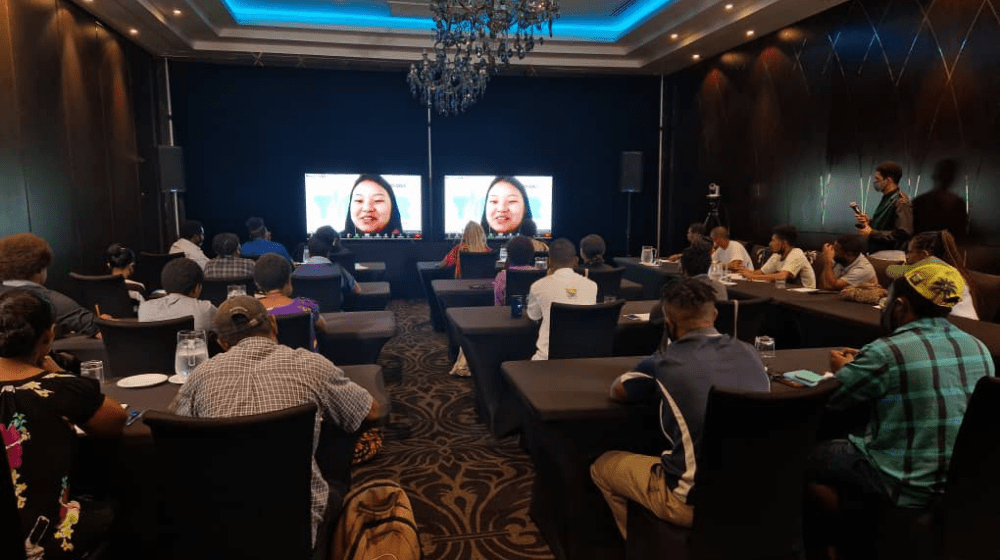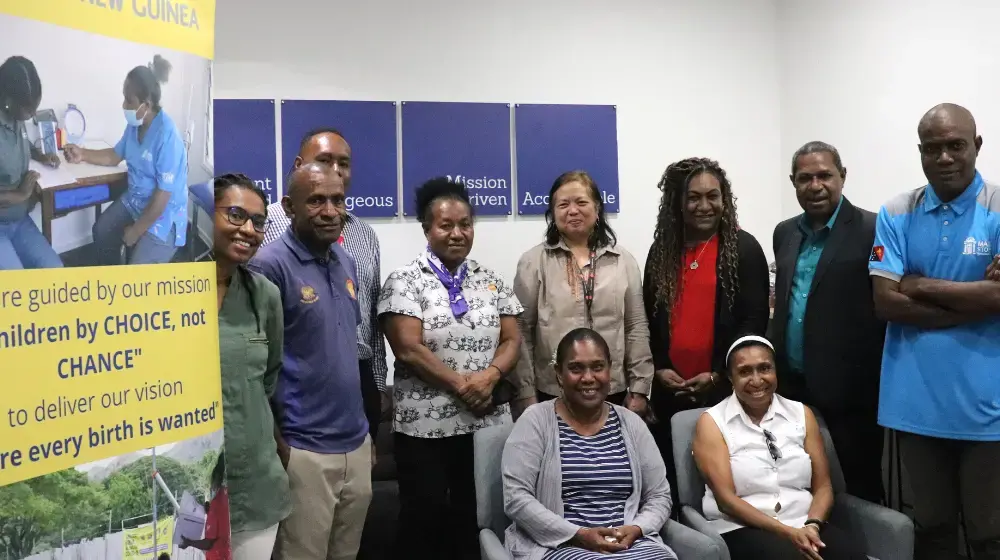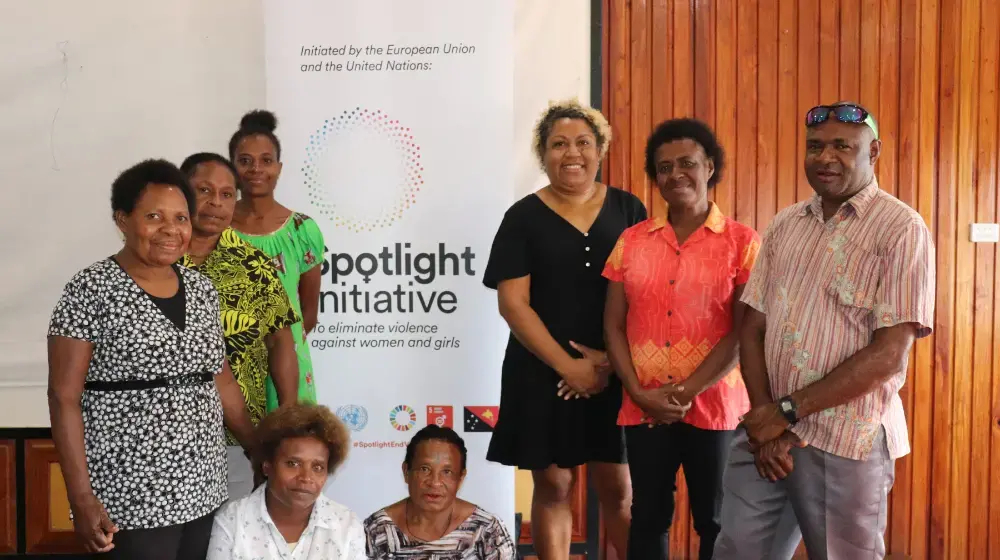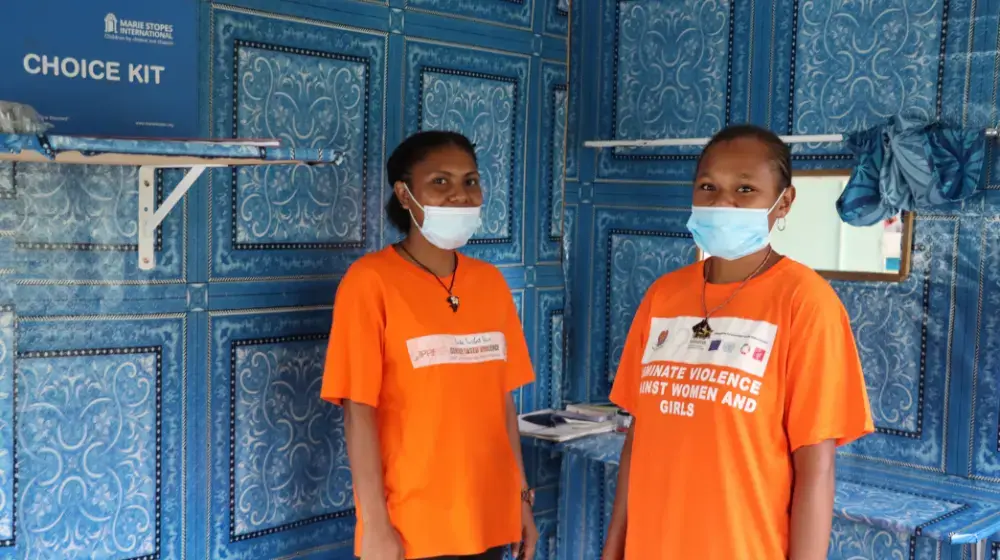More than 100 16-30 year olds across Papua New Guinea completed an online training program which equips young people with the knowledge and skills to conduct data and evidence-based advocacy on sexual and reproductive health and rights.
“Talking about sexual and reproductive health is not easy in Papua New Guinea,” said UNFPA Operations Manager Godwin Francis on the closing of the course. “But if we don’t start talking about family planning, we’ll keep talking about adolescent pregnancy and maternal mortality. If we don’t start talking about equal gender roles in households, we’ll keep talking about women killed by intimate partner violence.”
The virtual “Sexual and Reproductive Health and Rights (SRHR) E-Course” was organised by the YPeer Asia Pacific Center in Bangkok and facilitated by UNFPA, in a partnership that works to advance the rights and well being of young people in the Asia Pacific region through youth-led programmes.
“Young people are the bulk of Papua New Guinea’s population and with that many voices you can have the volume to change the narrative,” said Mr Francis.
The course covered issues of adolesent sexual and reproductive health, gender equality (including GBV, empowerment of women, engaging men and boys), mental health, LGBTQI+ rights, and the impact of humanitarian crises and climate change on SRHR.
Students discussed emerging trends, opportunities and challenges faced by young people, identified strategies to address these issues through individual and community initiatives, and developed action plans to advocate for improved SRHR for young people. The participants included young people from East Sepik, Eastern Highlands, Milne Bay, Morobe, NCD, Southern Highlands, and Western Highlands who are engaged in various youth networks and peer education programmes. Some joined the course from central locations in each province while others participated from their home community.
Each student is provided with SRHR and GBV toolkits which they can use to conduct awareness, information sharing and advocacy in their own communities, utilizing the knowledge they have gained through the course.





